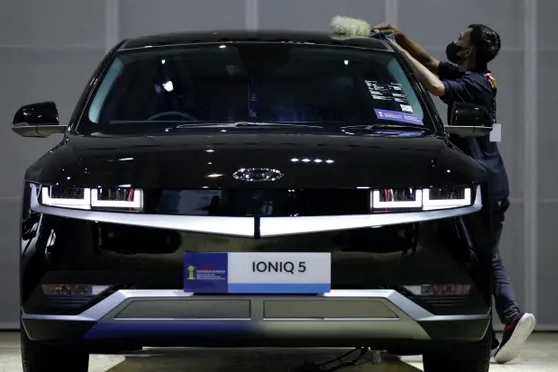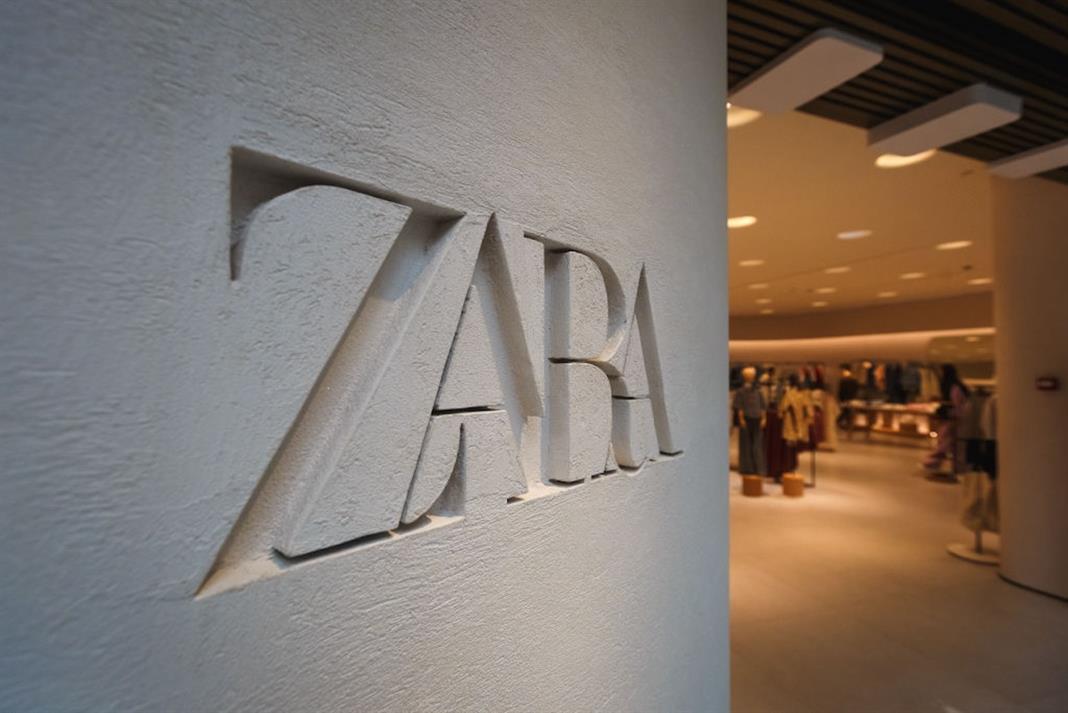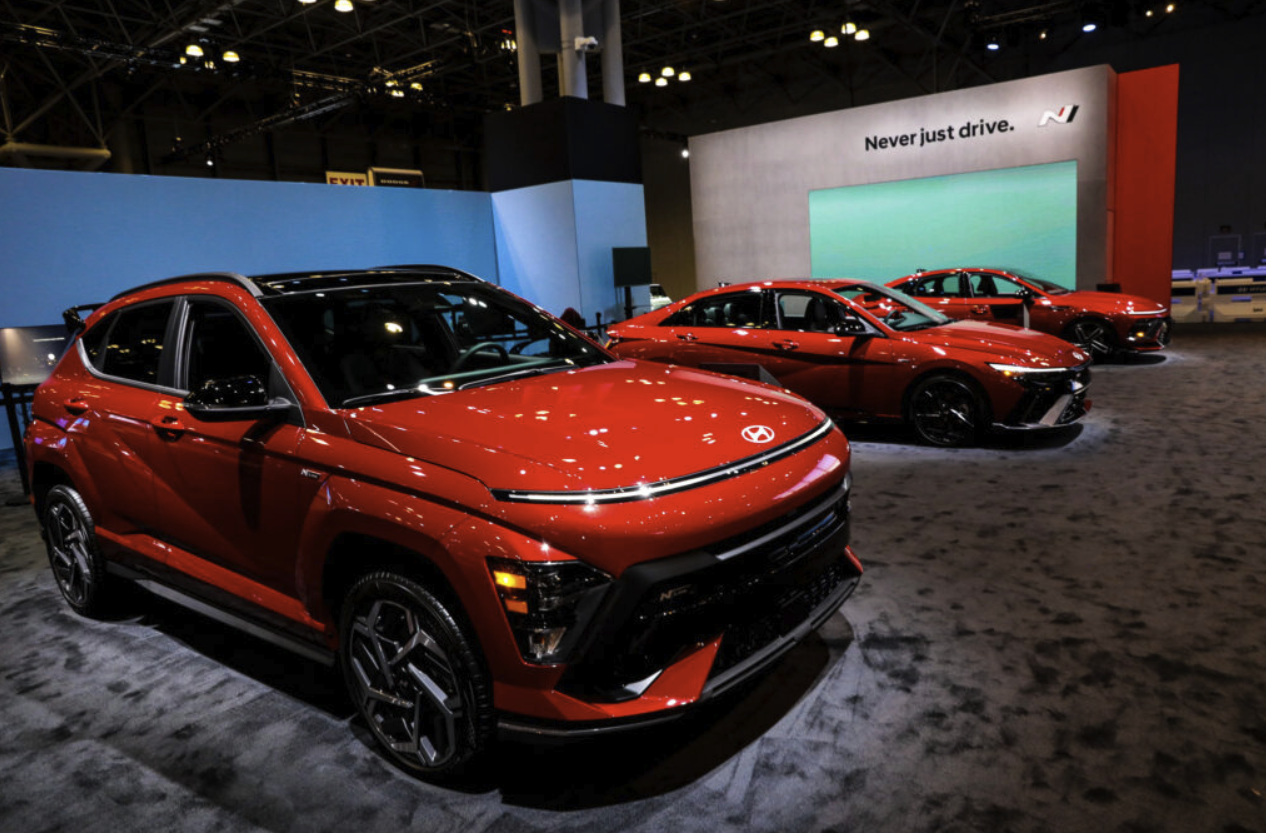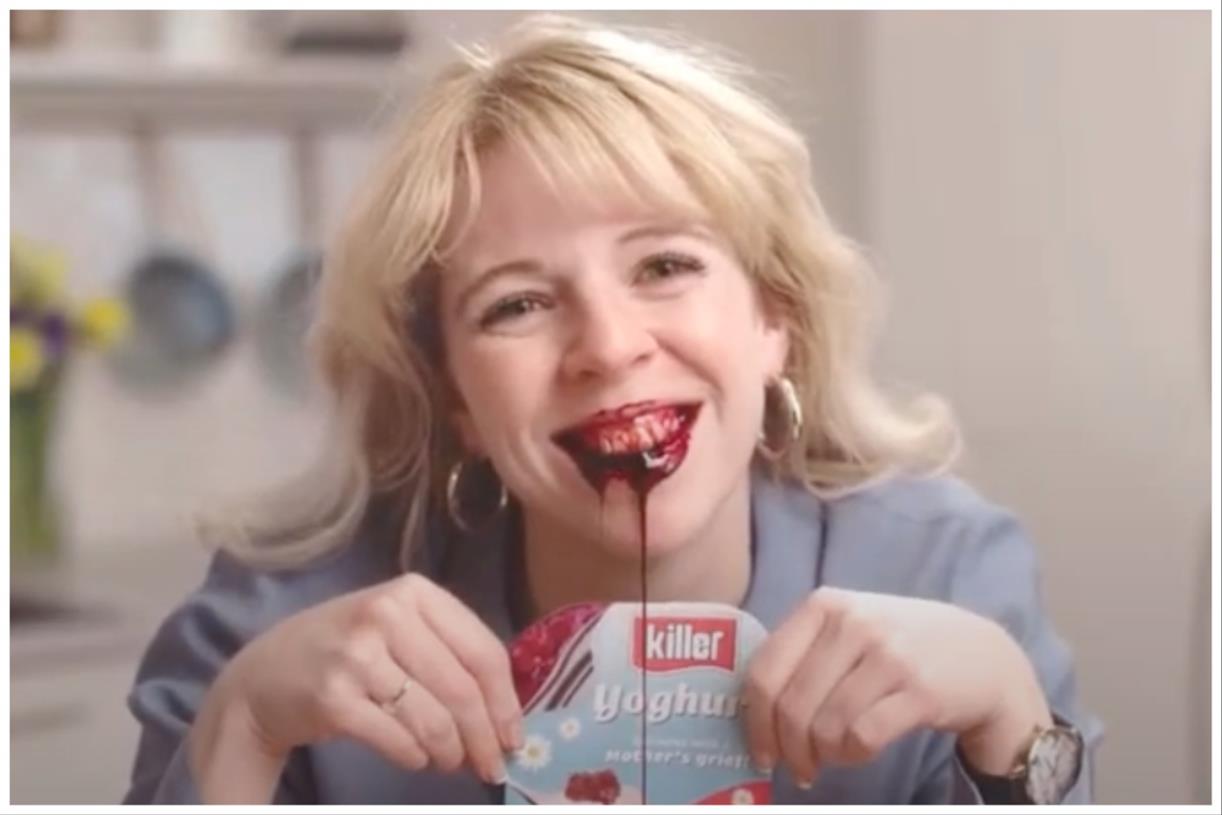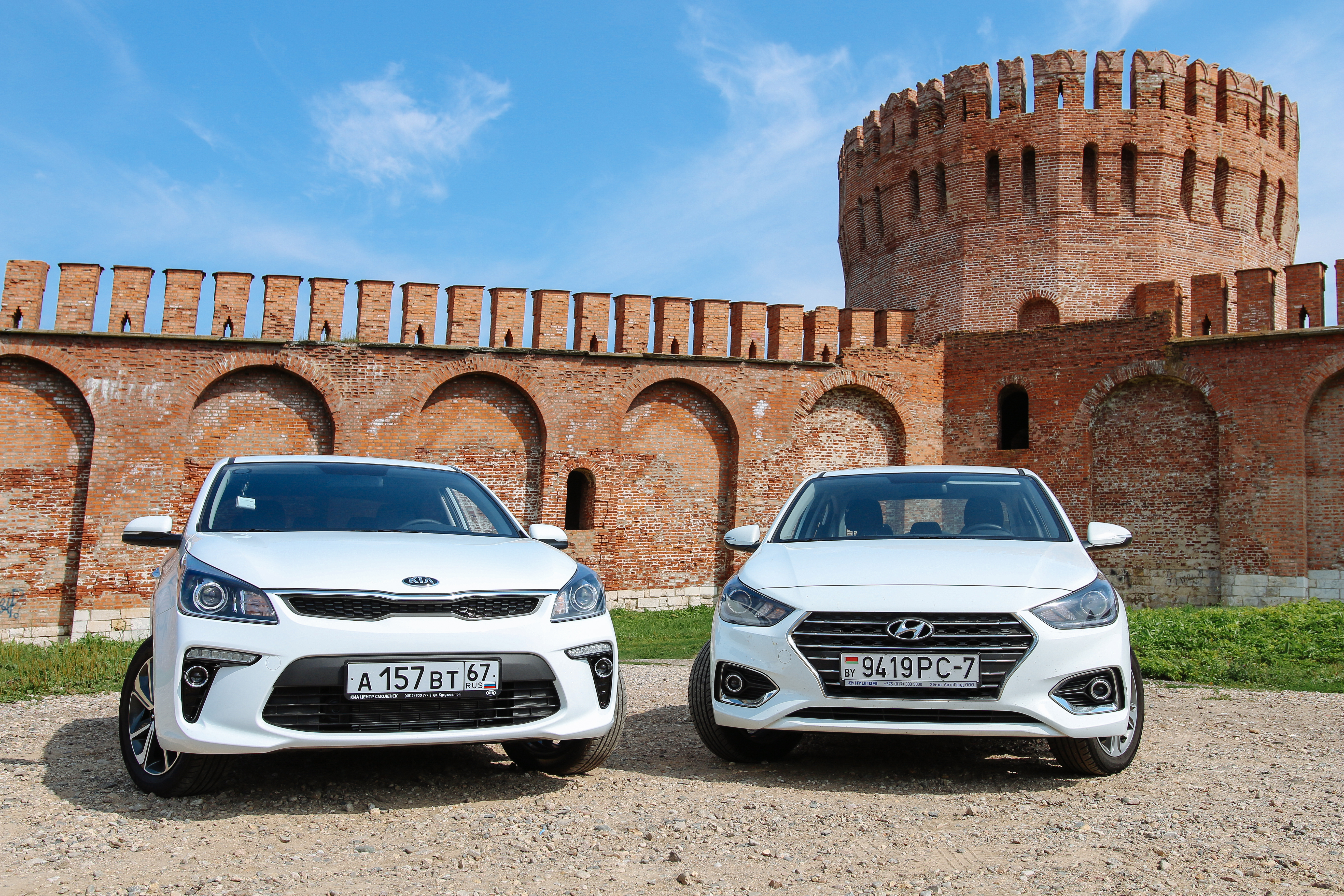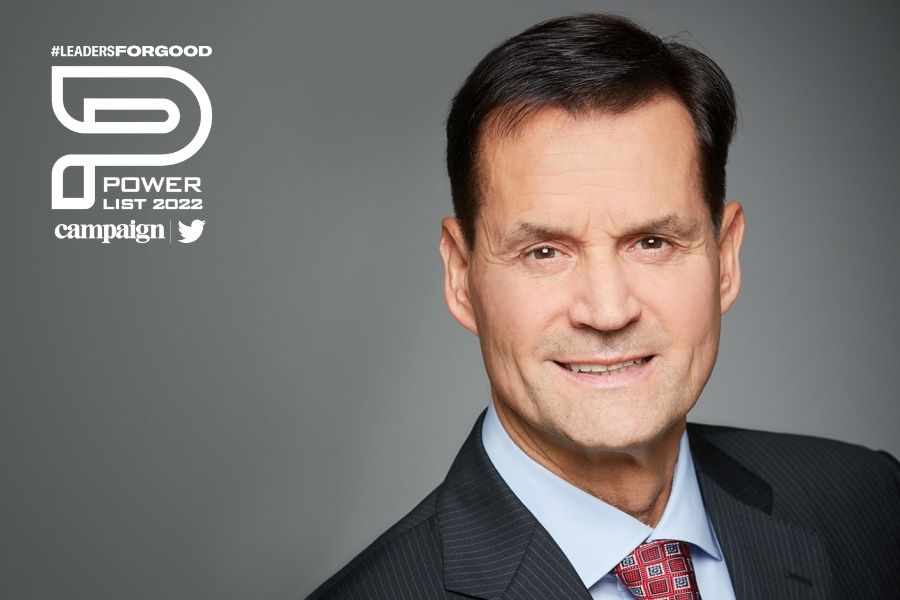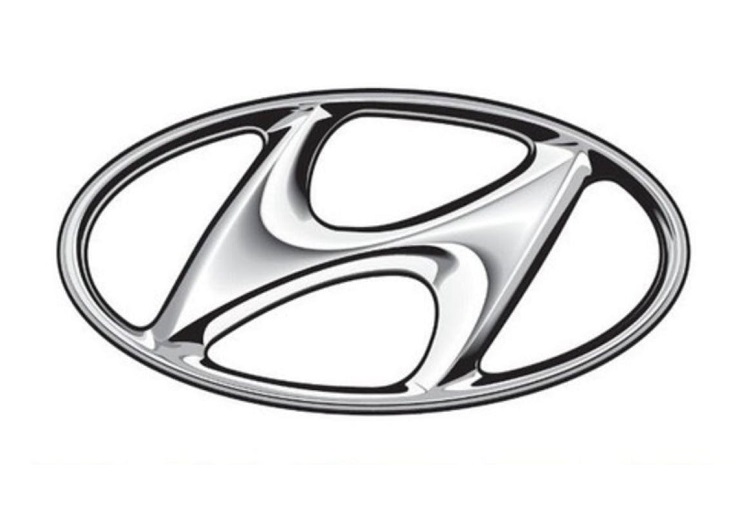The Advertising Standards Authority (ASA) has banned three ads for Hyundai’s Ioniq 5 model and a page on Toyota’s website promoting its bZ4X model for being “misleading”.
Both brands exaggerated the speed at which their respective electric cars could be charged and did not address other factors that would affect the charging rates.
The Hyundai ads, seen in January 2022, included a digital billboard in Piccadilly Circus, a video on the brand’s YouTube channel and a marketing brochure on the advertiser’s website.
The YouTube video featured Chelsea FC players undertaking a series of challenges in the time it takes to charge the car from 10% to 80%.
The billboard and marketing brochure featured copy making the same claims, with lines like: “Ioniq 5 charges from 10% to 80% in less than 18 minutes when connected to a 350kw ultra-fast charger.”
Toyota’s website, seen in March 2022, claimed its bZ4X model could be charged to 80% in “around 30 minutes” using a 150kw fast-charging system.
The copy on the website included an asterisk linked to text further down the page, stating: “Charging times subject to local circumstance. Rapid charging power ratings can vary by location.”
Complainants believed that there were a number of factors not being taken into consideration when making these claims, including battery temperature, ambient temperature and the age and condition of the battery.
Hyundai was confident that its claim was “accurate and substantiated”. It provided the watchdog with results of its internal factory testing of the charging times, which found it took a time of 17 minutes and 16 seconds to charge the battery from 10% to 80% when using a 350kw “ultra-fast” charger.
Toyota also said it “used conservative, rather than absolute language when stating it would achieve a 80% charge ‘in around 30 minutes’”.
The brand added that the claim was caveated “with a prominent footnote informing consumers that the charging times were subject to local circumstance and that rapid charging power ratings could vary by location”.
Both brands said their ads informed customers that the charge rate was dependent on the type of charger that was used by referring to the chargers as “ultra-fast” and “rapid charging”.
However, Hyundai’s YouTube ad omitted references to “ultra-fast” “due to an oversight” and was soon taken down and would not be republished by the brand or by Chelsea FC.
The ASA found the ads breached CAP Code (Edition 12) rules 3.1, 3.3 (misleading advertising), 3.7 (substantiation) and 3.9 (qualification).
It concluded that the ads omitted material information about the factors that could significantly affect the advertised charging time and ruled that the ads must not appear again in the form complained of.

